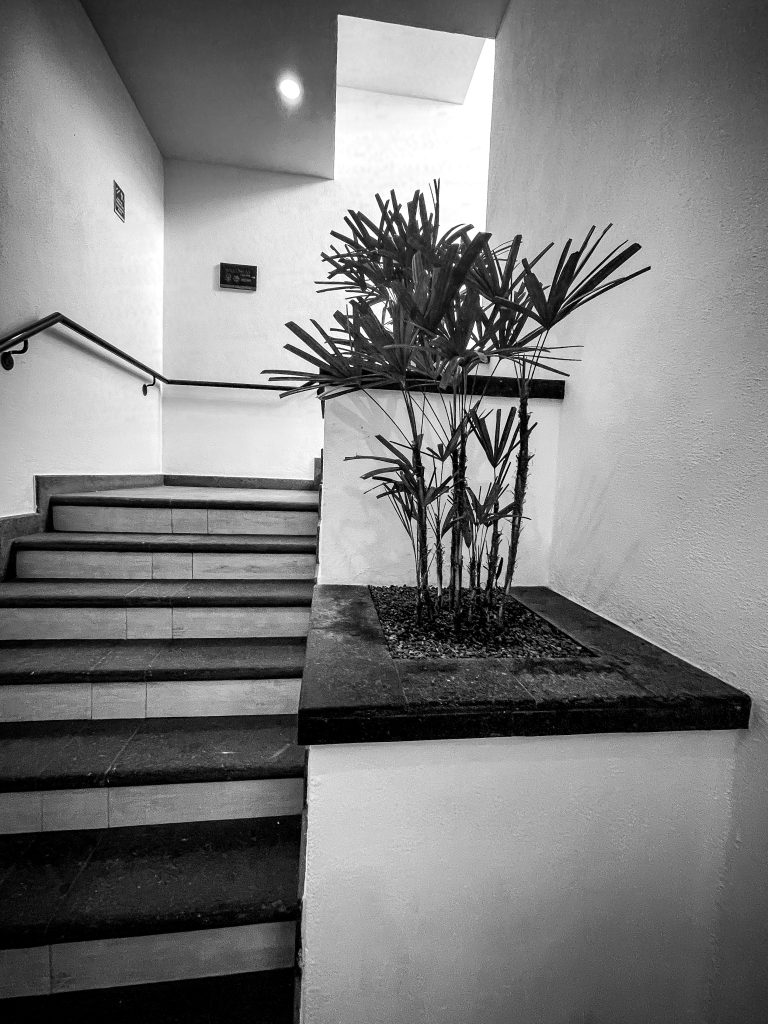In the whirlwind of modern life, where success is often measured by how much we have or how busy we are, a quiet revolution is taking place. More people are turning away from the relentless pursuit of more—more stuff, more commitments, more noise—and instead, they are seeking less. This isn’t about deprivation or lack; it’s about making intentional choices that prioritize peace, clarity, and what truly matters.
The desire for simplicity is not a new concept, but in our current age of information overload and constant connectivity, it feels more relevant than ever. Everywhere we turn, we are bombarded with messages that tell us to strive for bigger, better, and faster. We are encouraged to accumulate things, to keep moving, to never be satisfied. But this way of living often leads to burnout, anxiety, and a feeling of disconnection from ourselves and others. Simplicity offers a different path—a chance to step off the treadmill and embrace a life of purpose, presence, and peace.
The Burden of Excess
Our culture of consumerism teaches us that more is better. We are constantly sold the idea that acquiring things—whether it’s the latest technology, the trendiest clothes, or the most experiences—will bring us happiness. But as many have discovered, the accumulation of things often leads to the accumulation of stress. Our homes become cluttered, our schedules overbooked, and our minds overwhelmed. We work harder and longer to afford the lifestyles we think we need, but often at the cost of our well-being.
Excess doesn’t just clutter our spaces; it clutters our minds. It creates a sense of chaos and distracts us from what is truly meaningful. We find ourselves spending time maintaining, organizing, and worrying about things that, in the grand scheme of life, add little value. The pursuit of more often comes with hidden costs: the loss of time, peace, and even our health.

The Beauty of Less
Simplicity is about making deliberate choices. It’s about letting go of what doesn’t serve us and focusing on what does. This could mean decluttering our homes, saying no to commitments that drain us, or simply allowing ourselves time to slow down and breathe. It’s a recognition that the things we own, the titles we chase, and the endless to-do lists don’t define our worth.
Choosing less allows us to reclaim our time and energy. It gives us the space to be present, to connect more deeply with the people we care about, and to engage in activities that nourish us. Instead of filling our lives with things, we can fill them with experiences and moments that bring us joy. Instead of rushing from one task to the next, we can savor the simple pleasures—a quiet morning, a walk in nature, a meaningful conversation.
The Shift Towards Mindful Living
At its core, the pursuit of simplicity is a shift towards mindful living. It’s about being intentional with our time, resources, and attention. It asks us to consider: What do I truly need to be happy? What can I let go of that’s no longer serving me? These questions help guide us to make choices that align with our values, rather than following societal pressures or the expectations of others.
Mindful living is about recognizing that our time is our most valuable asset. By choosing less, we are not just simplifying our surroundings; we are freeing up mental and emotional space. This creates room for reflection, creativity, and the things that bring us genuine fulfillment. It allows us to reconnect with ourselves and our purpose, stripping away the noise that often drowns out our inner voice.
Creating a Life of Intention
Embracing simplicity doesn’t mean we have to live without comfort or joy. It’s not about giving up what we love, but rather curating a life that reflects who we are and what we value most. It’s about quality over quantity—having fewer things but cherishing them more, engaging in fewer activities but doing them with greater passion and presence.
To live simply is to live deliberately. It’s about creating boundaries that protect our time and energy, whether that means limiting social media, setting aside time for rest, or choosing relationships that uplift us. It’s about stripping away the superficial to get to the heart of what makes life meaningful.
The Reward of Simplicity
The rewards of simplicity are profound. There’s a sense of freedom in not being weighed down by possessions, obligations, or the constant need to be “on.” There’s joy in appreciating the little things, finding beauty in the everyday, and feeling content with enough. By embracing less, we make room for more—more peace, more connection, more of what truly matters.
In a world that often urges us to want more, choosing simplicity is a powerful, radical act. It’s a reminder that we don’t have to buy into the myth that happiness lies in the next purchase, the next promotion, or the next big thing. Instead, happiness can be found in the here and now, in a life that is full not because of what it contains, but because of how it’s lived.